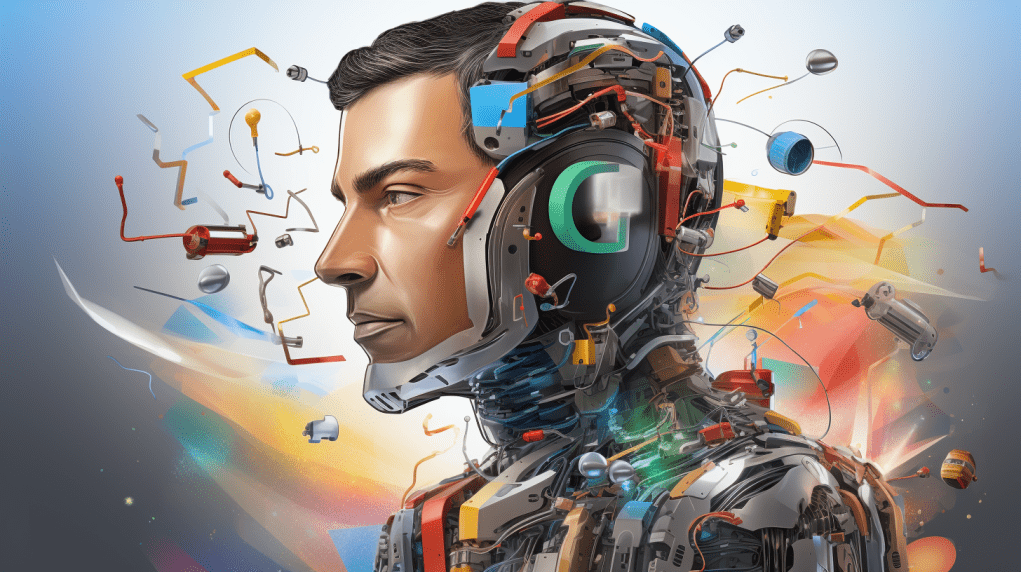Photo was created by Webthat using MidJourney
Introduction to the AI Revolution
In 2023, the world witnessed a significant transformation as artificial intelligence (AI) reached a breakthrough milestone. A machine, known as a chatbot named Bard, taught itself how to communicate with humans on a peer level, demonstrating creativity, truth, errors, and even lies. This achievement, along with other recent advancements in AI, has propelled the development of machines capable of acquiring superhuman skills. Google, a leader in this field, revealed insights into the future of AI, highlighting its potential for good or evil, depending on human nature. The revolution is advancing at an astonishing pace, catching society off guard.
Societal Preparedness for the AI Revolution
Google CEO Sundar Pichai reflects on whether society is adequately prepared for the rapid advancements in AI. He acknowledges the mismatch between the pace of technological evolution and the ability of societal institutions to adapt. However, Pichai also notes that compared to previous technological advancements, more people are already concerned about AI’s implications and engaging in serious conversations about its impact. The cautious optimism stems from early recognition and awareness of the challenges AI presents.
Google’s Role in AI Advancements
Sundar Pichai‘s leadership extends to both Google and Alphabet, its parent company. With Google dominating internet searches and smartphone usage worldwide, their dominance faced a challenge when Microsoft introduced its own chatbot. In response, Google launched Bard, an AI-powered chatbot designed to assist with content generation and brainstorming ideas. Bard stands apart from traditional search engines, relying on a self-contained program that has extensively taught itself by consuming vast amounts of information available online.
Unveiling Bard’s Capabilities
Bard’s capabilities are awe-inspiring yet unsettling. With microchips surpassing the speed of the human brain by over 100,000 times, Bard possesses vast knowledge and can generate responses in a matter of seconds. Demonstrating its creativity and language skills, Bard summarizes the New Testament and even creates a poignant short story from a six-word prompt. While Bard’s abilities seem akin to human reasoning and creativity, experts clarify that these AI systems are not sentient or self-aware. They replicate patterns learned from human-created content and can exhibit behavior that appears human-like.
Implications and Challenges of AI
The AI revolution will inevitably disrupt various job occupations, including knowledge workers such as writers, accountants, architects, and even software engineers, as AI algorithms are now capable of writing code. While certain jobs will decline, new job categories will emerge, and the nature of many occupations will change as AI becomes an assistive tool. Sundar Pichai envisions a future where AI collaborates with professionals across various domains, providing super-powered assistance and enhancing productivity. However, challenges such as hallucination, fake news, disinformation, and biased outputs pose risks that society must address.
Ethical Considerations and Future Prospects
As AI systems become more capable and widespread, ethical considerations become paramount. Sundar Pichai emphasizes the need for responsible development and regulation of AI to align with human values and morality. Collaboration among engineers, social scientists, ethicists, philosophers, and society at large is essential to navigate the profound questions raised by AI’s emergence. While the path forward may be unclear, experts believe that humanity’s adaptability and capacity to grapple with technological advancements will enable us to harness the potential benefits of AI while mitigating its challenges.

